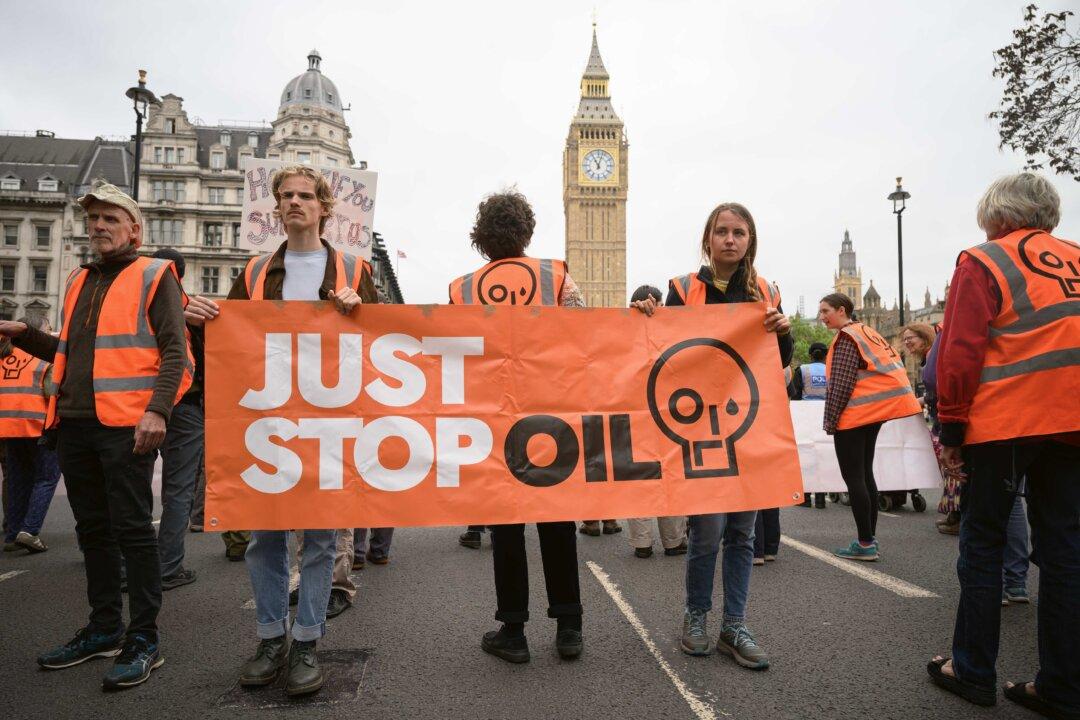Some of the cases linked to disruption of public order, such as the highway obstruction by groups like Just Stop Oil, will not be reviewed by courts until 2025, according to the Metropolitan Police.
The Met’s Assistant Commissioner Matt Twist told LBC on Monday that over 750 people were arrested before Christmas for offences including disrupting significant parts of the critical roads infrastructure. This includes Just Stop Oil activists, who would stage protests that shut down parts of Britain’s busiest motorway, the M25.





